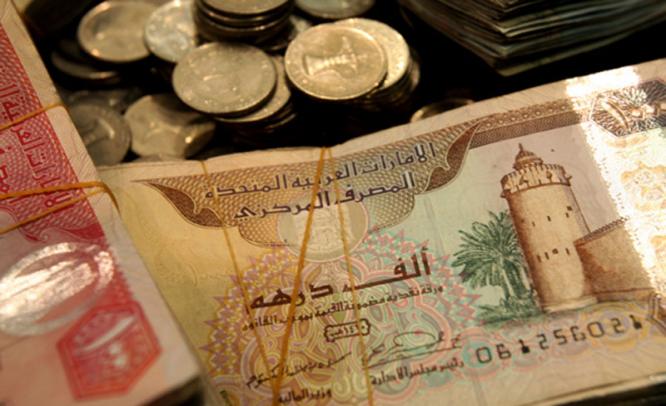The UK’s Islamic Finance Secretariat puts the value of Sharia-compliant assets globally at trillion dollars.
A story surfaced in the Malaysian media last September suggesting that the ESB was planning to issue an Islamic-compliant bond, or sukuk, as part of its future funding arrangements.
Sukuk are structured to pay profits or rent, rather than traditional coupon interest, which is forbidden under Sharia law, and are typically underpinned by physical assets with clearly identifiable income streams.
With the ongoing credit squeeze from the debt crisis and uncertainty still stalking capital markets, many firms are eyeing up the Islamic liquidity pool as an alternative source of finance.
Supermarket chain Tesco recently issued a sukuk for its Malaysian unit as part of its conventional debt-raising activity, underscoring the strength of its brand in the region.
As it turned out, the ESB had applied to local regulators in Malaysia for permission to issue a bond, with the aim of raising billion.
The energy group had also hired Islamic finance specialist Amanie Advisors to advise on how best to position itself in Malaysia’s rapidly growing sukuk market.
Had the issuance gone ahead, the ESB would have become the first Irish company, and one of the non-financials in Europe, to issue a Sharia-compliant bond.
However, the company, perhaps for reasons linked to timing, pricing and the return of relative calm to markets, decided to defer the move indefinitely.
Nonetheless, leaks of the company’s plans reportedly prompted a stream of enquiries from prospective investors, testifying to the appetite for investment in asset-rich companies like the ESB.
The UK’s Islamic Finance Secretariat puts the value of Sharia-compliant assets globally at trillion. While this is only a fraction of the global financial system, the market is growing rapidly.
A 2013 report by rating agency Standard & Poor’s predicts global sukuk demand will jump from billion in 2012 to billion by 2016, with demand significantly outstripping supply.
Ireland already commands a disproportionate share of pie when it comes to fund management, with some 20 per cent of Europe’s Sharia-compliant funds domiciled in Dublin’s Irish Finance Services Centre (IFSC).
The Government identified Islamic finance as a “growth opportunity” in its International Finance Services Industry Strategy document 2011-2016, and wants to pitch Dublin as a European hub for the sector.
Keynote address
Last week, the Department of Finance secretary general, John Moran, gave the keynote address at a major Islamic finance conference in Dublin, hosted by Amanie, and attended by some of the most senior figures in the industry.
He spoke of the need for Europe and Ireland “to enter into a new paradigm in terms of financing the economy” and of lessening the over-reliance on banks to fund growth.
“The reputation of Ireland as an international bond issuer has been restored, and the job was now to look at how we can diversify our funding sources by tapping into alternative models of finance.”
Mr Moran said Islamic finance was a key part of the IFSC strategy for the Government, which wanted to showcase Ireland as a place for the Muslim world to invest in and do business with in Europe.
He said the National Treasury Management Agency (NTMA) was “particularly focused” on the possibility of funding the country’s future infrastructural needs through sukuk finance.
“It’s an inevitability that non-bank funding will play a much greater role in terms of how we work this economy.”
Source: aibim.com

